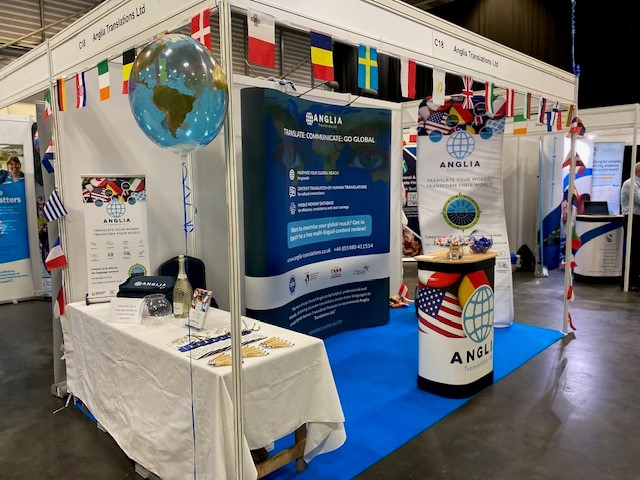Crowdsourced translations are not always a good idea!
We are used to the concept of crowdfunding which has aroused great interest amongst start-up companies as a way of locating alternatives to unenterprising banks who often will only lend businesses money in exchange for the keys to the owner’s house.
Translations can also be outsourced in this way and providing it is done with care and a lot of proofreading it can speed up many multi-lingual projects. Taking care is the operative word, as Microsoft’s recent experience reveals. (Huffington Post)
What happened was that a crowdsourced translation of so-called Islamic State “Daesh” was translated as “Saudi Arabia”. Cue general outrage and a grovelling apology from Microsoft.
Microsoft’s vice president for Saudi Arabia, Dr Mamdouh Najjar, said: “I apologise personally to the great Saudi people and this country, dear to all our hearts, for this unintentional mistake.”
Why and how can such a mistake occur? Bing (Microsoft’s online translation software) uses crowdsourced translations. If enough people submit their translations to the service, it can reach top spot and hence be accepted by Bing. But the process can be exploited by unscrupulous or mischievous elements which is what appears to have happened in this case. Microsoft is investigating and has assured users that mechanisms will be put in place to prevent future occurrences.
As we ordinary toilers in the translation field never tire of pointing out, the human brain, intelligence and common sense win out over software every time!
Lingua franca is a blog (mainly) about matters linguistic by Anthony Withers, Managing Director, Anglia Translations Ltd. It reflects his personal view and not necessarily those of the company.
Find out more about our translation services




